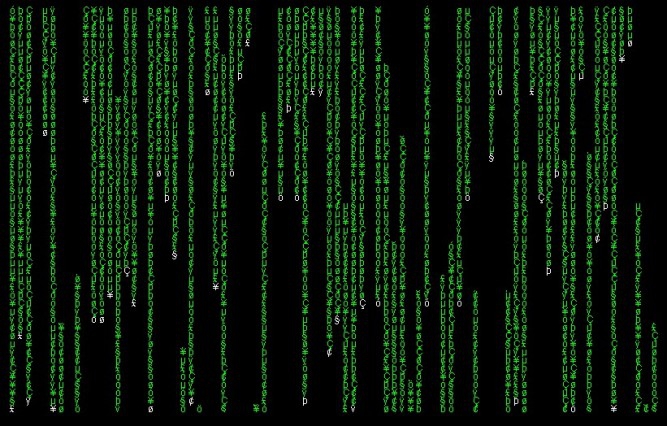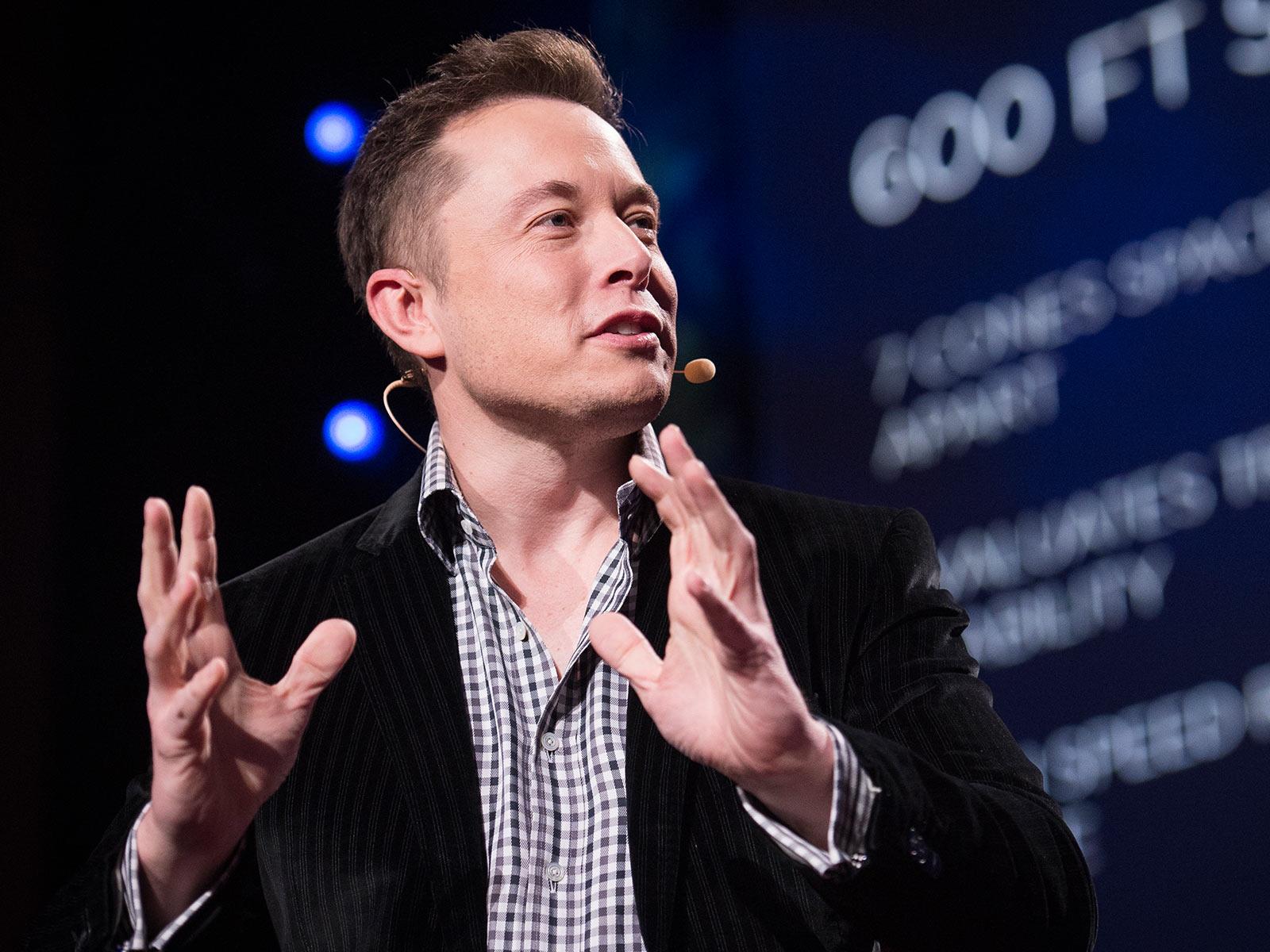
 There’s “A One In a Billion” Chance We Aren’t Living in a Computer Simulation
There’s “A One In a Billion” Chance We Aren’t Living in a Computer Simulation
Ideas about the nature of reality and what constitutes the “real” are age old, dating back to Plato and the Greeks. Plato believed an objective, absolute “truth” existed but that this was inaccessible to humankind. These theories about the truth of reality have evolved alongside technology to give rise to the 21st century version of Plato - that we are living in a computer simulation.
Elon Musk, businessman and CEO of SpaceX and Tesla, has been a leading figure in this discussion and is one among many to purport that what we experience as reality is in fact augmented, as depicted in The Matrix.

Musk so vehemently believes this, that he has claimed the chances reality is not an elaborate simulation is “one in billions”. He is joined by supporters such as Bank of America, whose analysts recently predicted that there was a 50% chance that our world is a fictional fabrication and by two anonymous Silicon Valley billionaires, who have reportedly donated money to scientists in order to crack the code and ‘free’ us from the simulation.
At the Code Conference 2016, Musk elaborated on why he believes this to be the case. It is all to do with the advancement of technology, specifically video game technology. Musk said that “40 years ago, we had pong” a game that was just “two rectangles and a dot”. Fast forward to 2016, and there are “photorealistic, 3D simulations with millions of people playing simultaneously”.
This is only growing, “getting better every year” and even if it slowed down to the rate of “a thousand of what it is now”, we would still inevitably reach the point where video games became “indistinguishable from reality”, whether this was in 10 or 10,000 years (though at the current rate of progression, the former is a more likely figure).
Once the point was reached where video games and real life were indistinguishable from one another, with hundreds upon thousands of people playing these games, what Musk terms “base reality” would be lost.
Scared by this idea? Musk posits that we should be thankful that the likelihood is that our reality is a virtual one - if humanity did not progress to the point of creating technology where reality and virtual reality are interchangeable it could only be due to a “calamitous event that erases civilisation”.
But this line of thought raises several problems - if it is a virtual reality we live in, why is there poverty, disease? If we are the creations of an advanced artificial intelligence - who are its creators, who is the ‘original’ creator? More significantly, why would an AI create a simulation in which the participants became conscious that they were computer-generated?
Despite the strength of the cases both for and against the theory, we ultimately may never know - if we gained awareness, it would defeat the point of the simulation, and if our reality is not augmented there is nothing to prove or disprove in the first place. But it’s an idea to think about nevertheless.
Watch Vox’s video on the topic:
